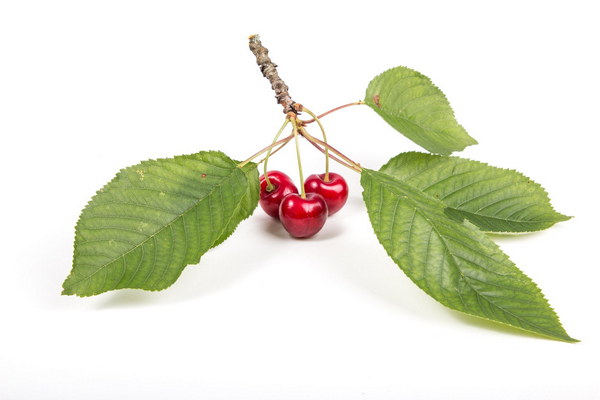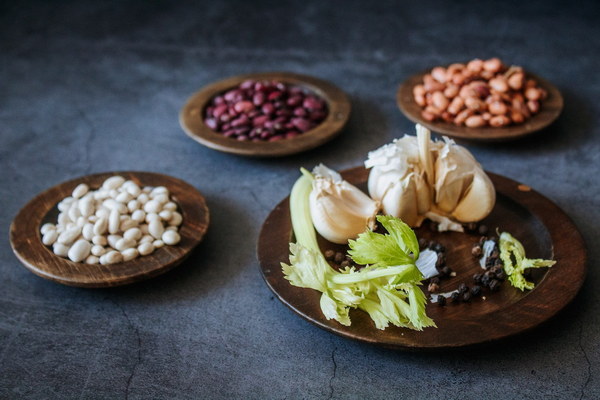Liver Syndrome Nourishing the Kidneys or Calming the Heart - A Comparative Approach to Treatment
In traditional Chinese medicine (TCM), the liver is a vital organ that governs the flow of Qi (vital energy) and blood throughout the body. When the liver is said to be deficient or excess, it can manifest in various ways, leading to a range of health issues. One such condition is known as liver syndrome, which can be addressed through two primary approaches: nourishing the kidneys or calming the heart. This article explores the differences between these two treatment strategies and their applications in TCM.
Understanding Liver Syndrome
Liver syndrome in TCM refers to a condition where the liver is either deficient in its Yin or Yang energy, or is experiencing an excess of heat or Qi. Symptoms may include irritability, insomnia, dizziness, headache, and pain in the liver region. The treatment of liver syndrome involves balancing the liver's Yin and Yang, and addressing the underlying cause.
Nourishing the Kidneys
In TCM, the liver and kidneys are closely connected, as they both play a role in storing and regulating Yin energy. When the liver is said to be excess and affecting the kidneys, a treatment approach that focuses on nourishing the kidneys may be beneficial. This approach is based on the principle that by strengthening the kidneys, one can help alleviate the liver's excess and restore balance.
The methods used to nourish the kidneys in the context of liver syndrome include:
1. Herbal Medicine: Herbs such as Cistanche, Rehmannia, and Epimedium are commonly used to tonify the kidneys and improve overall Yin deficiency.
2. Acupuncture: Acupuncture points that are known to tonify the kidneys, such as Kidney 3 (Kidney's Yuan) and Kidney 7 (Shu Stream Point), are stimulated to enhance kidney function.
3. Diet and Lifestyle: Foods that are rich in Yin energy, such as black sesame seeds, goji berries, and pork kidney, are recommended. Additionally, practices like Qigong and meditation can help calm the mind and nourish the kidneys.
Calming the Heart
On the other hand, when the liver syndrome is characterized by excess heat or Qi, calming the heart becomes a priority. The liver and heart are also closely connected in TCM, as the liver governs the emotions and the heart houses the mind. An excess in the liver can lead to emotional disturbances, which then affect the heart and mental state.
The strategies to calm the heart in liver syndrome include:
1. Herbal Medicine: Herbs like Scutellaria baicalensis (Chinese Skullcap), Peony, and Alisma are used to clear heat and calm the liver, thus soothing the heart.

2. Acupuncture: Acupuncture points that are known to calm the heart and liver, such as Heart 7 (Shenmen) and Liver 3 (Taichong), are used to regulate the emotional balance.
3. Diet and Lifestyle: A diet that is cool and calming, including foods like cucumber, watermelon, and green tea, is recommended. Activities that promote relaxation and stress reduction, such as yoga and tai chi, can also be beneficial.
Comparative Approach
While both approaches aim to restore balance to the liver, they differ in their focus and the underlying physiological principles. Nourishing the kidneys is more about addressing the root of the issue by strengthening the foundational energy of the body, while calming the heart is about addressing the surface symptoms by soothing the emotions and mind.
In clinical practice, the choice between these two approaches is often based on the individual's specific symptoms and constitution. A skilled TCM practitioner will assess the patient's condition and recommend a treatment plan that best suits their needs.
In conclusion, the treatment of liver syndrome in TCM involves a nuanced understanding of the interplay between the liver, kidneys, and heart. Whether through nourishing the kidneys or calming the heart, the goal is to restore harmony and promote overall well-being.









